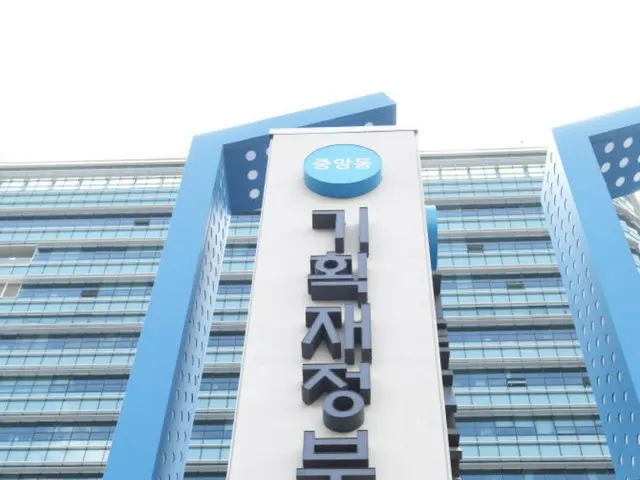If taxes were paid in the same way, tax revenues would be about 30 trillion won short of the initial government budget proposal. According to the Ministry of Strategy and Finance on the 2nd, national tax revenues for January to April of this year were 125.6 trillion won.
The tax revenue progress rate was 34.2% compared to the budget, which was 8.4 trillion won less than the same period last year, when a massive tax revenue shortfall of 56.4 trillion won occurred.
The main culprit behind the decline in national tax revenue was corporate tax. Corporate tax revenue from January to April was 22.8 trillion won, down 12.8 trillion won from last year. Tax revenue progress rate
The corporate tax rate (29.4%) was also lower than the April level (33.9%) of last year. The decrease in corporate tax revenue was expected. In August last year, the government submitted the budget bill for this fiscal year to the National Diet, and announced that it would reduce national tax revenue by 3% from the previous year.
The government forecast a 3.2 trillion won (8.3%) decrease to 367.3 trillion won. This is due to the expectation that corporate tax will decrease from the previous year due to the prolonged recession in the manufacturing industry, including semiconductors.
The problem was that the slump in corporate performance was more serious than the government had expected. Initially, the government had predicted that the semiconductor industry would begin to recover in earnest in the second half of last year, ushering in a normal economic recovery.
However, the actual recovery of the semiconductor industry was slower than expected, corporate performance slumped until the end of the year, and although the economy improved from the first half of the year, the recovery was slow.
In fact, according to KOSPI's financial results in December of last year, the individual operating profits of 705 listed companies last year was 39.5812 trillion won, up 44.4% from the previous year.
The decline was due to a 96% drop in corporate tax revenue. Large semiconductor companies such as Samsung Electronics and SK Hynix, which account for a large proportion of corporate tax revenue, were unable to avoid the slump, recording operating losses.
Tax revenues fell even more than the government had predicted. If we assume that the same amount of tax is collected for the rest of the year as last year, tax revenues for this year will be 335.7 trillion won, 31.6 trillion won below the budget.
This means that tax revenues could fall by tens of trillions of won for two consecutive years. However, the government expects that tax revenues will improve over the remaining period compared to last year.
It is expected that the manufacturing industry, which fell short of expectations in 2018, will see a strong recovery in the first quarter of this year, and this trend of “significant growth” will be reflected in tax revenues in the second half of the year.
This means that the gap between the budget and actual tax revenue will be significantly reduced after August, when the advance payment of corporate tax will come in. Consumer sentiment has improved since last year, and the import of other taxes, such as value-added tax, has also improved.
"It is highly possible that there will be a tax revenue shortfall this year, but we do not expect a massive shortfall like last year," said a Finance Ministry source. "We will wait to see the tax revenue situation in May."
"It will be possible to forecast the specific scale of the shortfall."
2024/06/02 14:36 KST
Copyrights(C) Edaily wowkorea.jp 91

